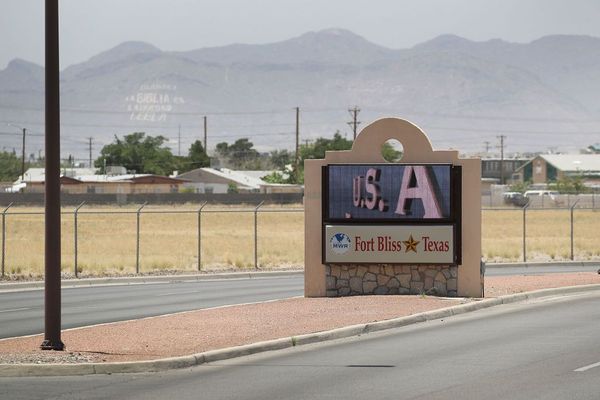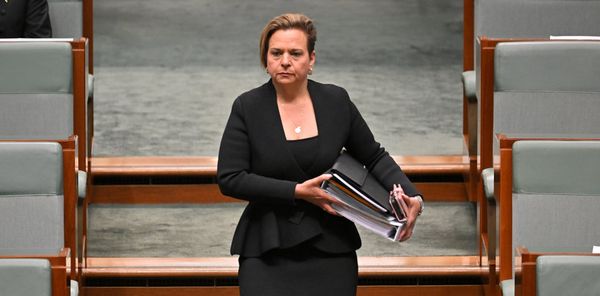Runcorn and Helsby is almost certainly the first by-election in history in which the provisional margin of victory was first made public knowledge by the number of fingers held up by an Official Monster Raving Loony Party representative.
And of course that was only possible because it was also the first by-election in modern times to be decided by a single-digit amount of votes.
Even after Reform's win had been revised upwards from four votes to six, it could still be said that any three of the 12,645 people who voted Reform in the constituency had potentially decided the result, because if they had voted Labour instead, the result would have been a tie and Labour might have won on a coin toss (which incredibly is how ties are broken in UK elections).
That being the case, any three Reform voters in Runcorn may also have just changed the trajectory of British political history, because they comprehensively rescued the narrative of the local elections for Nigel Farage.
If Labour had escaped with a win in the by-election, they would have been able to place it alongside their narrow wins over Reform in the mayoral elections in Doncaster, the West of England and North Tyneside to paint a picture of surprising resilience under pressure.
None of those victories were secured on a remotely impressive share of the vote, and could all be explained by the ongoing split in the right-wing vote between Reform and the Conservatives.
Ironically, by stealing all the headlines away from the mayoral elections, the Runcorn result might just generate enough momentum for Reform to establish themselves as the clear challengers to Labour and make a split vote less of a problem in future.
Labour may also be concerned when they look under the bonnet of the Runcorn result, because they had expressed confidence during the campaign that progressive voters would be concerned enough about the prospect of a Reform breakthrough to 'lend' their votes to Labour on a tactical basis.

That does not appear to have materialised to any meaningful extent. The Green vote share actually increased slightly and the Liberal Democrat vote only fell back by two percentage points. It remains possible that when presented with the more acute danger of a Farage premiership at a general election, voters will react differently and will reluctantly flock to Labour. But it's also perfectly possible that the intense anger of left-of-centre voters towards Keir Starmer will continue to trump any fear of Reform.
Anecdotally, it was the voters' concerns about social justice issues, such as the scrapping of winter fuel payments for pensioners, that drove the collapse of the Labour vote in Runcorn. It's therefore enormously frustrating for progressives that the main beneficiary, not only in Runcorn but elsewhere in England, was a party of the hard right.
A recent YouGov poll had raised real hopes that the West of England mayoral region, which includes the Bristol constituency of Green co-leader Carla Denyer, might fall to the Greens. But instead, the Greens saw their vote drop by two percentage points in the region and were overtaken by Reform.
That means there will be no left-wing counterweight to Reform's new powerbase in Greater Lincolnshire, which has a population of more than a million people and is now presided over by the new Reform mayor Andrea Jenkyns.
The golden opportunity for the indy movement
The impression continues to be given that Labour can only be defeated in England by right-wing parties - although that does offer a golden opportunity to the SNP and the wider Scottish independence movement to make the case that no help is coming from south of the border, and that independence is the only way of breaking free from a dystopian non-choice between Starmer and Farage.
The West of England result also serves a useful function by demonstrating beyond all doubt that the first-past-the-post voting system is not a fit and proper method of deciding mayoral elections.
The Labour candidate took all of the power on just one-quarter of the popular vote, and extraordinarily was only eleven percentage points ahead of the fifth-placed candidate from the Liberal Democrats. Upon seeing the result displayed on screen, the BBC's Laura Kuenssberg described it as "five-party politics in a bar graph". But in fact it's a five-party result crowbarred into a 19-century system devised for only two parties - and the outcome is therefore little more than a caricature of the will of the people.







